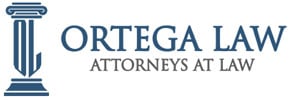After being formally charged with a crime, you must make at least several critical decisions. One of these is whether or not to plead guilty to the offense.
Criminal courts may schedule a preliminary hearing in cases where the defendant pleads not guilty. You have the right to waive this procedure (although the court could demand one anyway. However, the hearing might help your case.
What happens at the hearing?
Although they are not the same, a preliminary hearing is similar to a trial. Prosecutors can call witnesses to testify, introduce evidence and otherwise show the court why the defendant should undergo a trial. The purpose of the hearing is for the judge to determine if there is sufficient reason to schedule a formal trial.
What are the possible advantages for defendants?
The prosecutor is not the only party who participates in a preliminary hearing. As a defendant, you have rights during all stages of your journey through the criminal justice system. For example, your counsel can cross-examine witnesses and expose weaknesses in the prosecutor’s case.
If these weaknesses are strong enough, there is a chance that the prosecutor may reduce or perhaps even drop the charges against you. The judge could determine that there is not enough evidence to warrant a trial.
Are there any reasons to waive the hearing?
There are not very many. In most cases, the benefits of a hearing outweigh the drawbacks. One possible advantage of waiving the procedure is that it may help avoid the preservation of potentially harmful witness testimony. If they later choose not to cooperate, their testimony will not already be on record. An experienced legal team can guide you through the decision-making process in all steps of your case.

